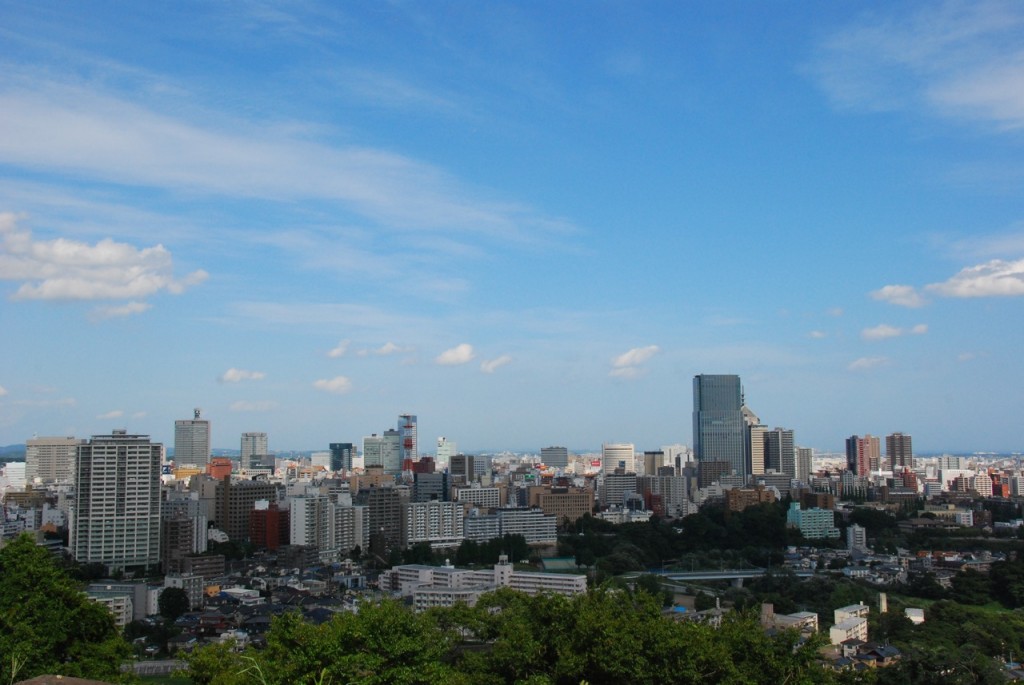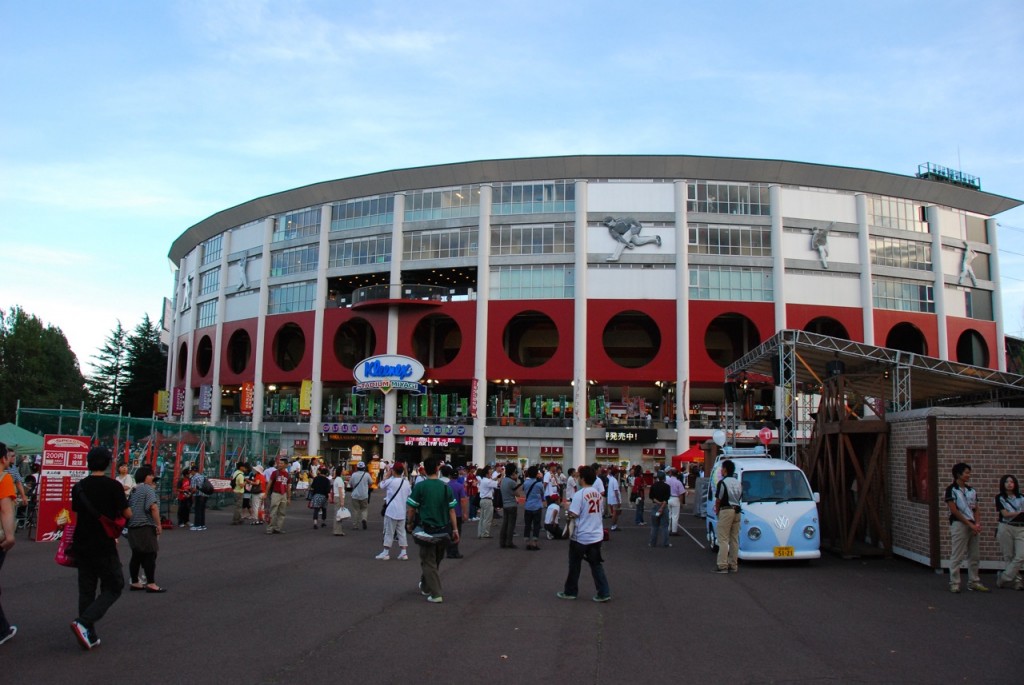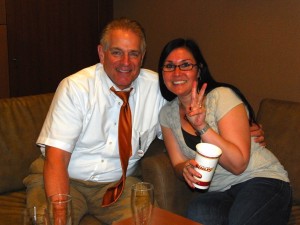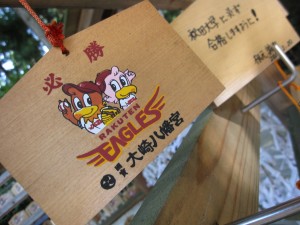Visits: 0
It’s common knowledge that on March 11, 2011, a 9.0-magnitude earthquake rocked Japan, and a subsequent tsunami with waves reaching more than 30 feet devoured the island nation’s northeastern coast. Faced with the daunting tasks of finding the thousands still missing, providing shelter for the hundreds of thousands left homeless, and staving off an impending nuclear catastrophe, baseball is probably the last thing on most people’s minds. Or is it?
Here is a video of the devastation…
Most of the teams in Nippon Professional Baseball are located to the south and west of the Tohoku region where the disaster struck, with the exception of the Nippon Ham Fighters of Hokkaido and the Rakuten Golden Eagles of Sendai. Far north of the devastation, the Fighters’ stadium in Sapporo was not in harm’s way. However, the Eagles’ home, Nippon Seishi Kleenex Stadium Miyagi, sustained damage. While cleanup and repairs are done to the charming 22,000-seat stadium, the Eagles will likely play their home games in Kobe, 400 miles away. The earthquake also damaged plumbing at the Chiba Lotte Marines’ stadium and caused liquefaction (click the word to find out what it means) in the stadium’s parking lot.
In an interview on NPR, Marty Kuehnert, senior advisor to the Rakuten Golden Eagles and vice president of Sendai University, estimates “a month to a month-and-a-half of repairs. And that’s when we can get construction crews there to start the repairs.” Kuehnert, a resident of Sendai, was in his apartment when the earthquake struck, knocking all of the books from their shelves and dishes and glasses from their cabinets. Less than a week after the earthquake and tsunami devastated the Tohoku region, Kuehnert relocated to Kyoto with his wife and their seven-year-old daughter due to the precarious situation at the nuclear power plant in Fukushima, about 60 miles south of Sendai. “The nuclear reactor problem in Fukushima is huge,” Kuehnert said via e-mail from his father-in-law’s home. “We can’t even consider going back to Sendai until that is resolved.”
Given these issues, NPB’s Pacific League, of which Rakuten and Chiba Lotte are a part of, decided to postpone opening day, originally slated for March 25, until April 12. At first the Central League wasn’t cooperative. Since the cities that are home to the six CL teams did not suffer the same hardships as northeastern Japan, officials saw no reason to delay the season. After criticism from both players and the government, the CL relented, agreeing to push opening day back, but by only four days, to March 29th. Jason Coskrey, a sports writer for The Japan Times, scolded the CL for not standing “in solidarity with the six PL clubs.” Reaching the reporter on Twitter, I asked him about the NPB situation. In fewer than 140 characters, he replied, “Baseball issue is getting heated, govt stepping in an all. CL is really gung-ho to get going . . .”
The pressure from the government worked; the Central League heeded the government’s request and agreed to start the season on April 12.
Now that the season opener is resolved, just how important is it to play baseball? The US struggled with the same dilemma after 9/11 and Hurricane Katrina. Just as some questioned the place of sports during a national tragedy in the US, some feel baseball is secondary to what Japan is facing right now. Others think that in a baseball-mad country, the sport will unify the Japanese and strengthen their resolve.
“Of course it is important we have a season in Japan,” says Wayne Graczyk, a Japan Times columnist who covers the Yomiuri Giants for Nippon TV. Graczyk remembers how the Orix BlueWave, led by Ichiro Suzuki, inspired the hometown crowd in Kobe after the Great Hanshin Earthquake in 1995. “Many people have cited the healing baseball will provide, and then there is the economic thing to consider as well.”
So after a brief delay, baseball in Japan will soldier on, but not without taking a few precautions. Since the country’s energy system is overtaxed, the NPB rescheduled night games to be played during the day. “Although lights are needed even for day games in domes,” says Graczyk, “they will do what they can to save power but keep it safe for the players.” In addition, there will be no extra-inning games.
As the situation in Japan remains dire, fans hope baseball will steer them on the road to recovery, even if that’s for only three hours a day.
Here are some videos from MLB where players talk about their efforts to help. Nishioka is in a couple of them with Twins teammates. Here’s the link to the site: http://mlb.mlb.com/news/article.jsp?ymd=20110323&content_id=17081322&vkey=news_mlb&c_id=mlb.
Marty Kuehnert documented his 15.5-hour trip from Sendai to his wife’s family’s home in Kyoto, and it was featured on Nightline last week. Here’s the link to the site: http://abcnews.go.com/watch/nightline/SH5584743/VD55117867/nightline-316-japans-earthquake.








You must be logged in to post a comment Login